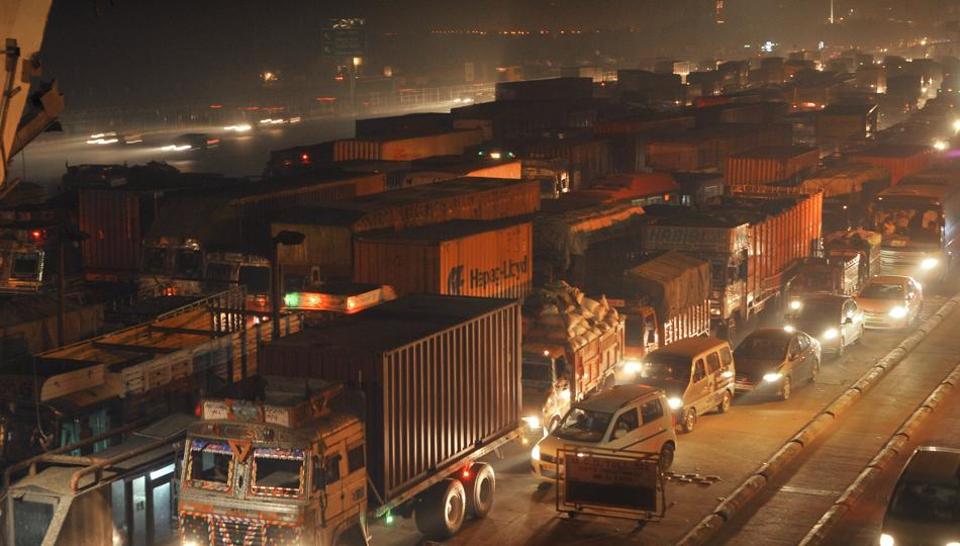The positive results of GST are visible across the sectors from improved tax base to ease of doing business. It has been almost a year since the historic midnight implementation of GST on July 1, 2017. Within the short span of one year, the turnaround time in road transport sector is down by 18-20 percent and many companies are on warehousing consolidation mode according to the rating agency ICRA. ICRA is one of most reputed investment information agencies in India, It is a joint venture between Moody’s and various Indian commercial banks and financial services companies.
ICRA conducted a study on 50 transport companies and 15 customer-oriented companies to find out the positive and negative effects of GST on transportation and warehousing. In its study, ICRA found that the removal of inter-state check posts has been the main factor in reducing the transportation timing. “The impact is more pronounced in States like Kerala, West Bengal, Maharashtra, Madhya Pradesh and Bihar, which were known for notoriously high waiting time,” said the report by ICRA. It was expected that after the rollout of GST the companies will move towards higher tonnage trucks and warehouse consolidation due to the removal of inter-State tax barriers. But according to the study “Sectors like FMCG and consumer durables reported limited consolidation as maintenance of decentralized warehouses remains necessary for product availability and customer servicing.”
The positive effects were especially seen in manufacturing because the demand is more predictable in this sector. Most of the manufacturers have already consolidated their warehousing. Half of the companies which participated in the study said either they have consolidated warehousing or the work is in progress. The companies are also interacting with supply chain management companies in redesigning the warehouse network to reap the benefits of the single taxation throughout the country. Some negative effects of GST roll out were also visible, the technological upgradation re-skilling of workers, penalty charges etc has pushed the compliance cost to a higher level. Shamsher Dewan, Vice-President, ICRA reacted on the compliance cost going up. He said “In the long term, it is expected that the truck turnaround time will reduce and, setting up of efficient warehouse network will improve the overall cost-efficiency.”
The study found that the e-way bill which is necessary for intra-state transporters to carry out goods from one place to another had a positive effect on logistics efficiency. “The overall impact of an e-way bill has been positive,” said the study. The two-thirds of the respondent said there is significant time-saving and paperwork reduction due to digitization. On the overall impact of the GST in transportation and warehousing and its long-term prospects, ICRA said the full benefit of GST on the road logistics sector is expected to be realized over the longer term.
One of the main purposes to bring GST was to reduce the transportation time in transfer of goods between states. The end number of toll tax collection points in the states like Maharashtra and Kerala increased the transportation time. In the post GST period, the time wasted on toll tax collection points has been reduced significantly which resulted in turnaround time going down by 20 percent. The companies have to maintain warehouses in different states to take benefits of lower taxation in one state in comparison to other. Now since the taxation is at single rate throughout the country the companies could consolidate their warehouses because they have to pay same tax irrespective of the place of the warehouse.
